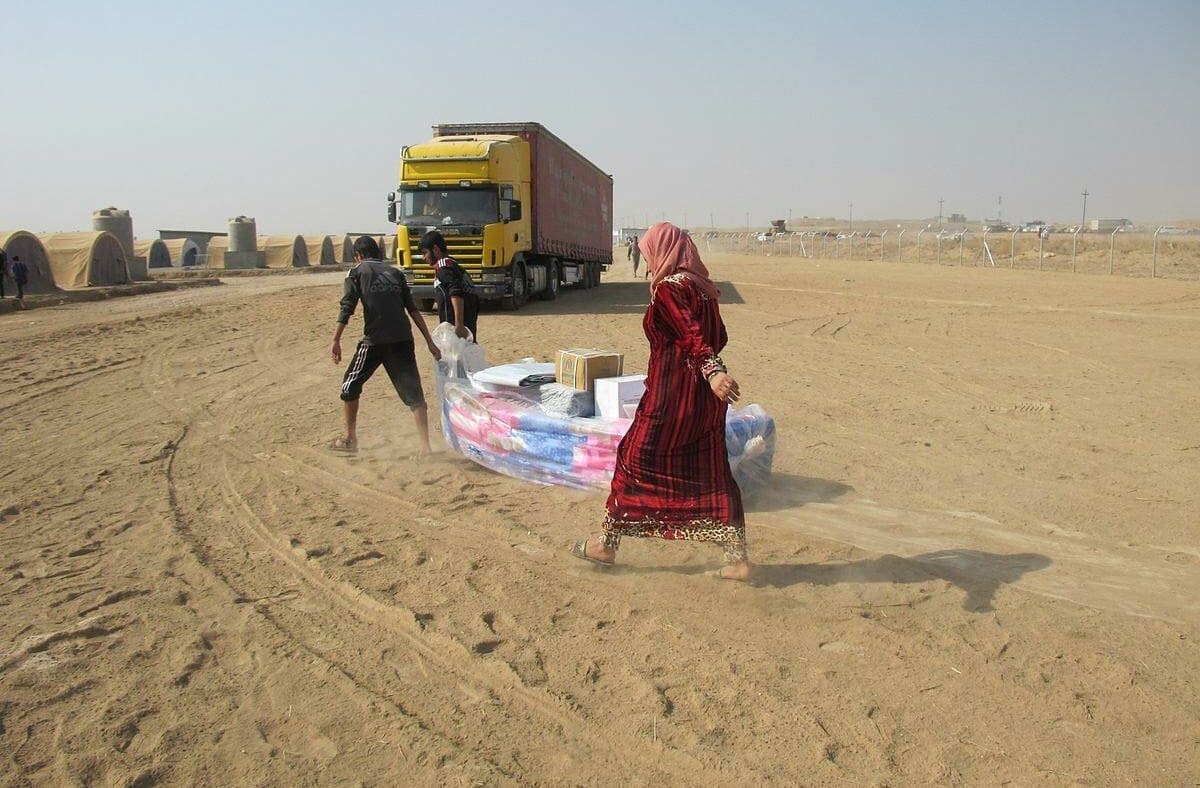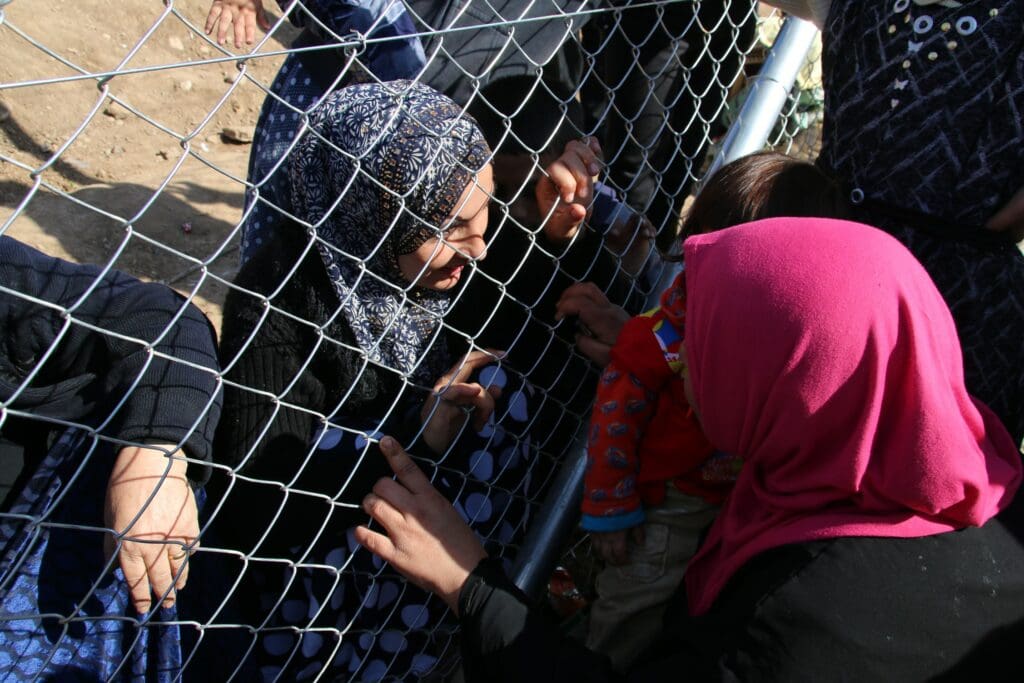
Iraq
The security situation in Iraq remains unstable alongside significant challenges – including political and economic uncertainty, social unrest due to unemployment, eroded public services and persistent low standards of living.
Iraqis have been displaced by conflict
of people live below the poverty line
people need humanitarian assistance
Conflict & Unrest
In Iraq, intermittent conflict and the impacts of climate change continue to drive hunger. Historically, the country’s vulnerability to hunger was chiefly a result of obstacles to international trade — provoked by war and sanctions — that impeded the export of oil and import of food.
Today, the security situation in Iraq remains unstable alongside significant challenges including political and economic uncertainty, social unrest due to unemployment, eroded public services and persistent low standards of living.

WFP’s Work in Iraq
WFP has been present in Iraq since 1991. Today, the UN agency focuses on saving lives, resilience-building and social protection activities in Iraq.

WFP supports some 225,000 internally displaced people and 70,000 Syrian refugees with monthly food assistance, mainly in the form of cash transfers.


WFP and Iraq’s Ministry of Education run the National School Feeding Programme (NFSP), which reached 321,800 children across Iraq in 2020. When the schools remained closed due to COVID-19, the children’s families received take-home rations and special training on hygiene, nutrition and education.


Through Food Assistance for Assets (FFA) projects, WFP boosts communities’ food security through restoring or building community assets like irrigation systems and orchards. WFP is also continuing the award-winning EMPACT program, which equips Syrian refugees and Iraqi youth with digital and English language skills to help them find jobs.
